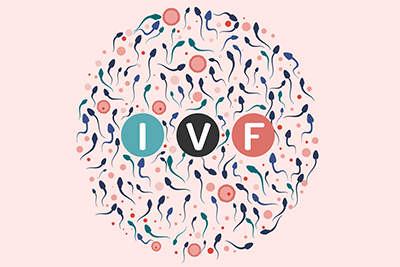Frequently Asked Questions On Infertility And IVF: When Is IVF Needed?
Frequently Asked Questions On Infertility And IVF: When Is IVF Needed?

IVF was originally developed for women with blocked tubes or missing fallopian tubes and it is still the procedure of choice for these situations. It is also used when other conditions are present, including endometriosis, male factor infertility and unexplained infertility in which no medical cause for infertility can be found. Our physicians will review your history and help to guide you to the treatment and diagnostic procedures that are most appropriate for you.
Will My Baby Suffer Birth Defects?
It is important to recognise that the rate of birth defects in humans in the general population is about 3% of all births for major malformations and 6% if minor defects are included.
Fortunately, 20-plus years following Louise Brown’s birth (the first IVF baby), we now have ample data that children conceived through IVF have no increase in these rates of birth defects. Further follow-up on older children indicates that IVF children have done as well or better than their peers in academic achievement (probably a social bias) and have no higher rates of behavioural or psychological difficulties.
Will The Hormones Cause Long-Term Health Risks?
An ongoing National Institutes of Health funded study is specifically designed to address the question of whether fertility medications themselves may play a causal role in ovarian, breast or uterine cancer. While the study is still under way and needs another 5-10 years of follow-up to be conclusive, preliminary results suggest no association between fertility medications and risks for invasive cancers. At this time, we can say that there is no direct evidence that fertility drugs play a causal role in increasing a woman’s risk of invasive ovarian, breast or uterine cancer



